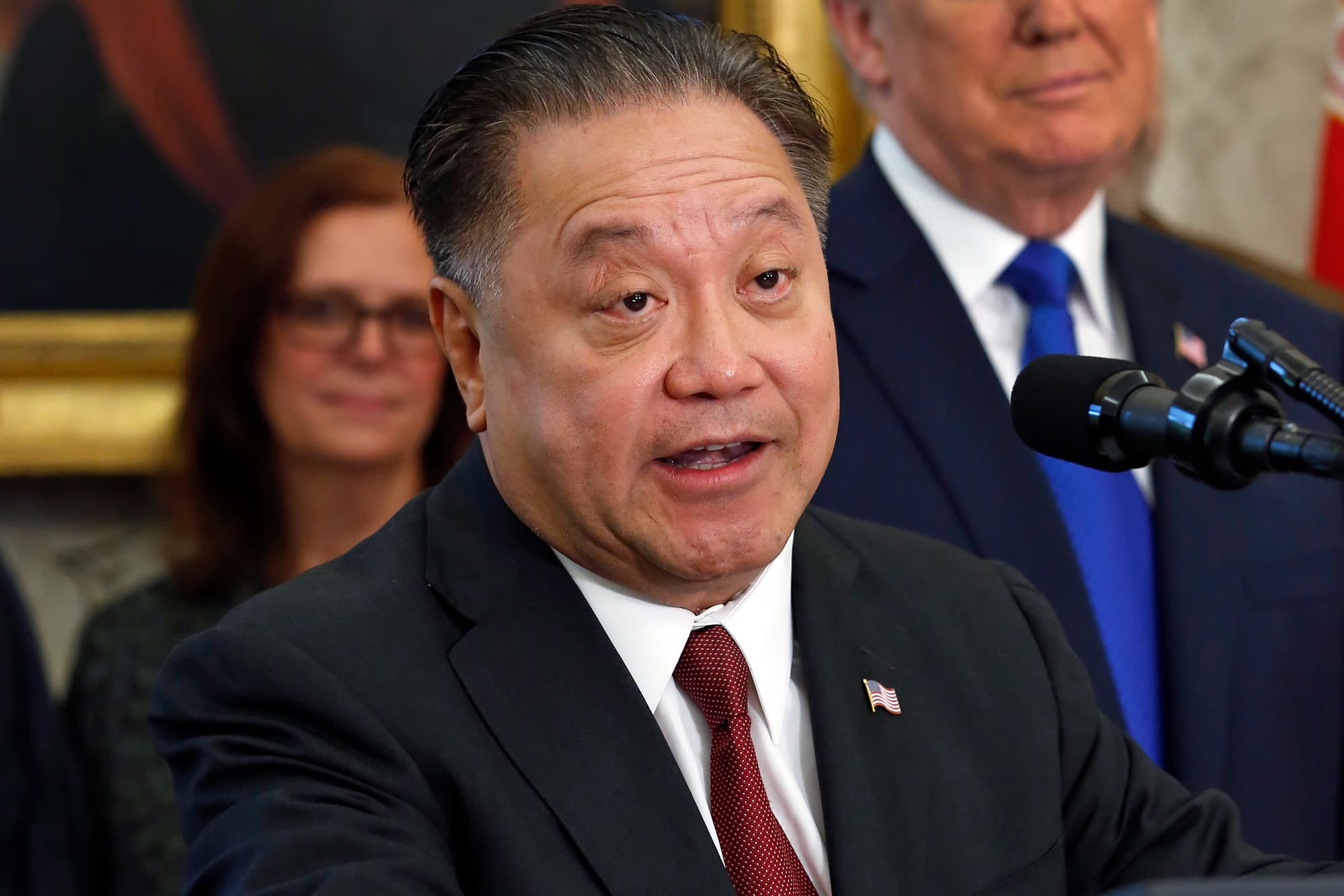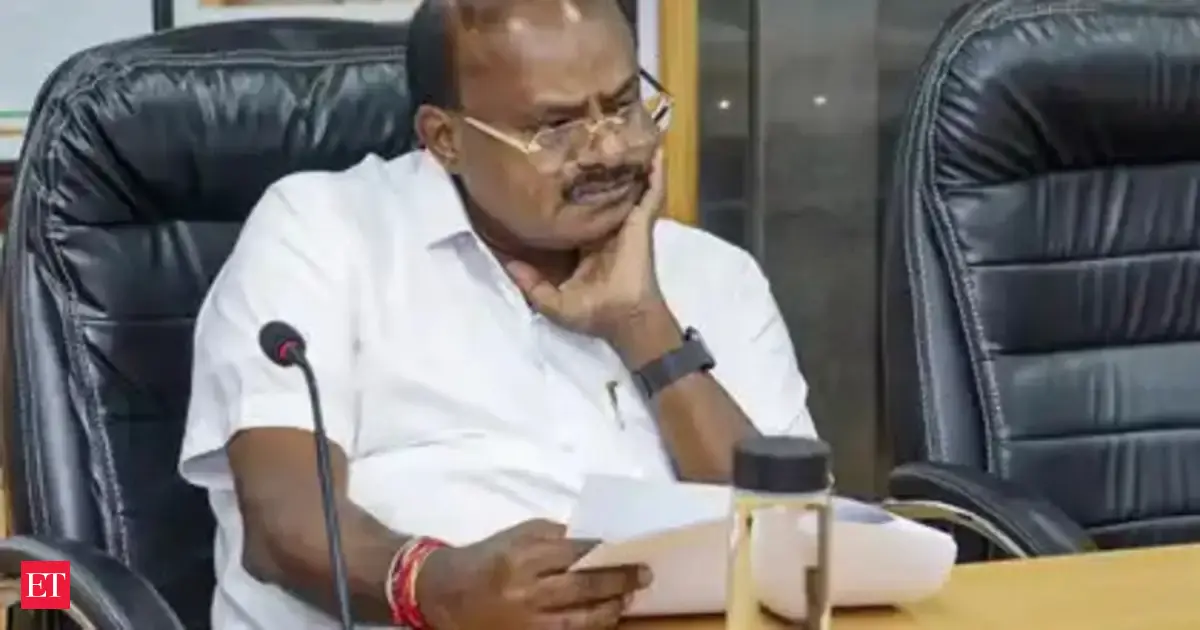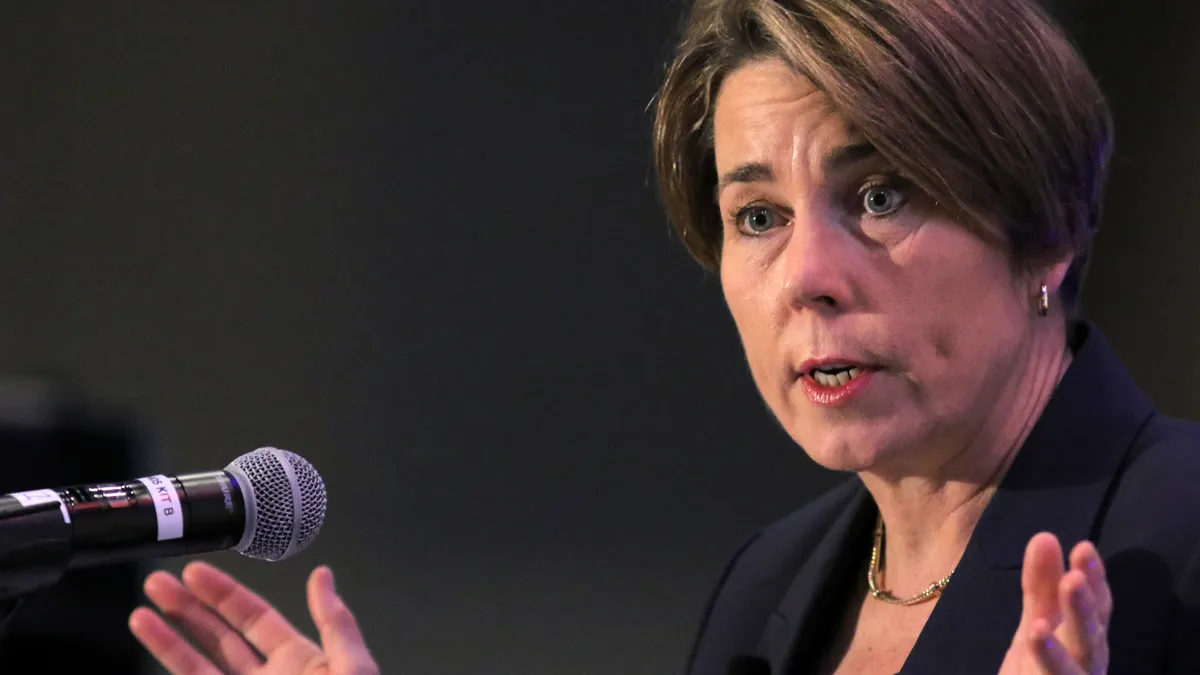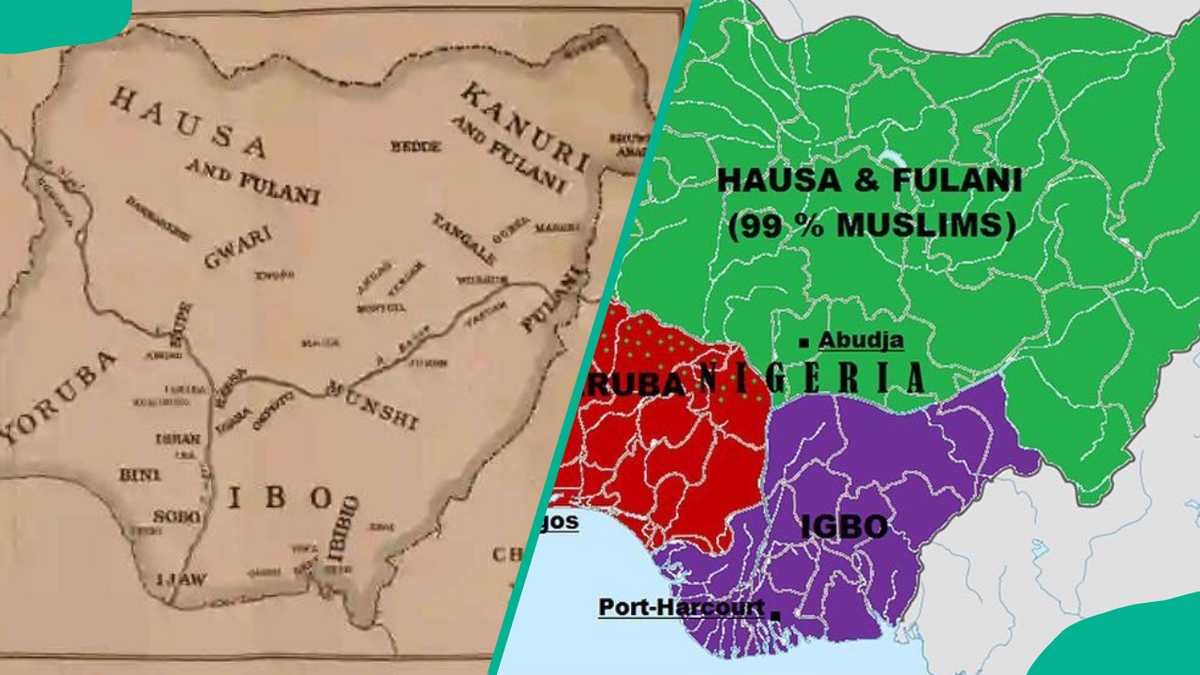By Frank Yemi,Twitter
Copyright inquisitr
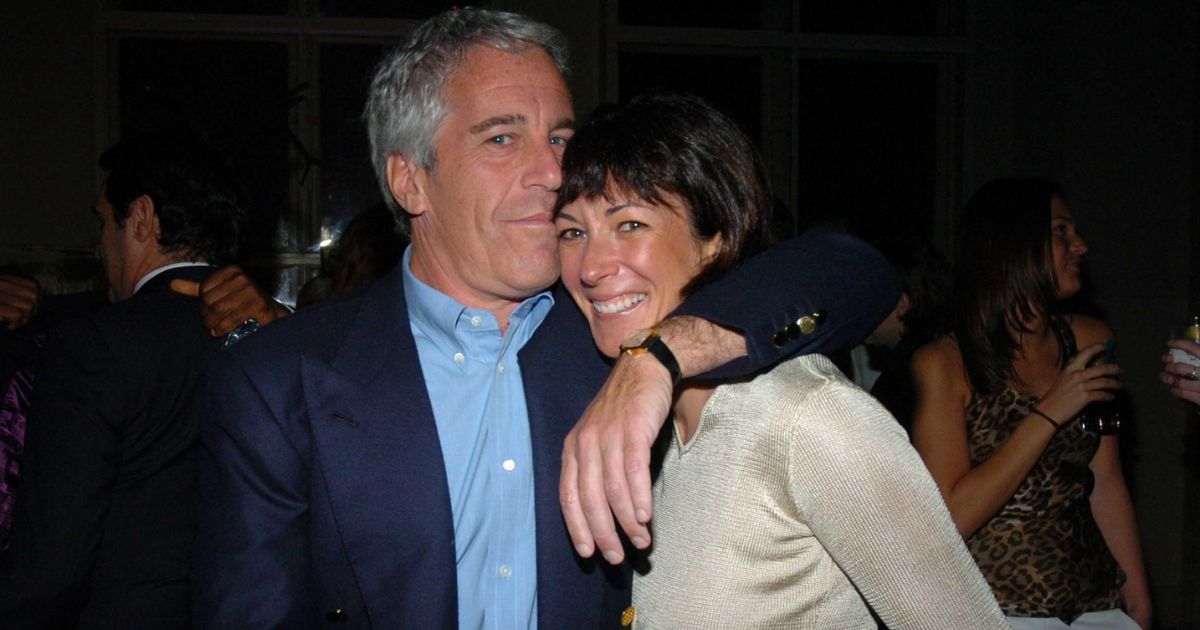
The Supreme Court’s private “long conference” lands Monday, and among the mountain of petitions is Ghislaine Maxwell. The convicted Jeffrey Epstein associate is asking the justices to toss her sex trafficking conviction and 20-year sentence, and while her case is hardly the most urgent legal question on the docket, it puts the Court right into the ongoing Epstein political scandal, complete with questions about Donald Trump’s ties to the late financier and the Justice Department’s role then and now.
Per NBC, Maxwell says federal prosecutors in New York had no business charging her because Epstein had already cut a 2007 non-prosecution deal in Florida. Buried in that agreement is language stating that the United States would not bring charges against any potential co-conspirators. Maxwell’s team argues that this means the entire federal government, not just the Florida U.S. Attorney’s Office, that signed the deal. If one arm of the government promised no charges, she says, all the other arms have to keep that promise too.
Lawyers love a clean split, and Maxwell’s petition tries to give the Court exactly that. She points to differing rulings in the federal appeals courts about whether phrases like “the United States” or “the Government” in one district can bind prosecutors somewhere else. When circuits disagree, the justices sometimes jump in to set a nationwide rule, which is why Maxwell is framing her case as bigger than her own conviction.
The Trump era Justice Department saw it differently. In its briefing, DOJ told lower courts that the Florida document used “the United States” as shorthand for that specific U.S. Attorney’s Office, and that nothing in the deal handcuffed prosecutors in New York. In other words, the promise was local, not global. That distinction matters because if the Court buys DOJ’s reading, Maxwell’s argument fades fast.
If the Supreme Court takes the case, both sides file new briefs, the justices set an argument for later in the term, and a written decision lands by early July, which is when the Court usually empties the inbox. A grant would not mean Maxwell wins; it would mean the Court wants to answer the legal question first, then decide how it affects her case.
If they pass, then Maxwell is stuck with the appeals court loss, at least on this front. Her team has hinted at more litigation and has floated a bid for clemency from President Trump, and she was recently moved to a minimum security facility after a controversial meeting with Deputy Attorney General Todd Blanche. None of that changes the math at the highest court, where it takes four justices to agree to hear a case, and most petitions die quietly.
The National Association of Criminal Defense Lawyers filed a friend of the court brief urging a review, arguing that defendants need to trust promises signed by “the United States.” At the same time, the Epstein saga has taken a turn for the worse in terms of optics, and even justices interested in the technical question might decide the smarter play is to stay out of it and let the scandal remain a heated political discussion.
The Court sometimes holds petitions over more than one conference, so there is no fixed clock. We could see a list later in the week with new grants, and if Maxwell’s is denied, it will usually appear on the orders list when the new term opens on October 6. Until then, the most powerful court in the country will decide, behind closed doors, whether to reopen one of the most infamous cases of the decade.
